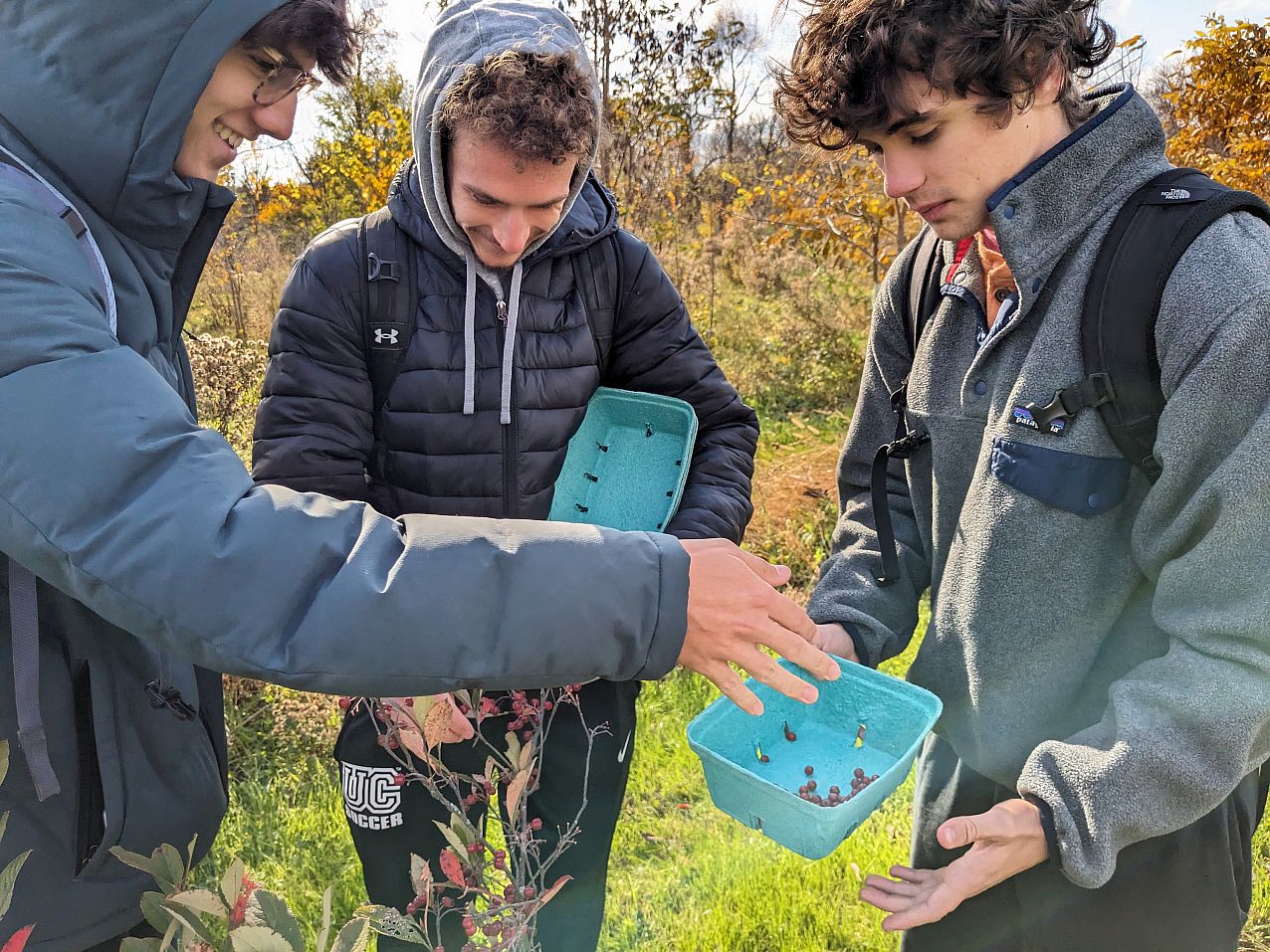The Food Studies minor at Ursinus College offers an interdisciplinary approach to food and agriculture, combining natural sciences, social sciences, and humanities.
Hands on Learning
This program provides both classroom and hands-on learning opportunities, allowing students to explore how food systems impact health, community wellness, and well-being. Students can choose to study food systems from various perspectives, including ecology, policy, and economics, and understand how these factors influence food’s structure and outcomes. Additionally, the program delves into the role of food in identity formation, examining how it shapes individual, social, and cultural identities.
A minor in food studies consists of 20 credits plus an applied learning experience.
POSSIBLE COURSES TO CHOOSE FROM:
ANTH/ENV-230, Food & Culture
BIO/ENVS-350, The Nature of Food
ANTH/ENVS-230, Food & Culture
BIO/ENVS-325, Insect Biology
BIO/ENVS-334, Plant Biology
BIO/ENVS-350, The Nature of Food
BIO/ENVS-415W, Ecology
BIO/ENVS-455W, Conservation Biology
ENVS-242, Globalization & the Environment
ENVS-338, Forests & People
ENVS-340, Community & Sustainable Food Systems
ENVS-366, Ecological Change in a Historical Perspective
ENVS-454W Sustainability in the Suburbs
POL-354, Global Health
PHIL/ENVS-248, Environmental Ethics
POL-399, Politics of Poverty & Welfare
SOC/ENVS-288, Animals and Society

